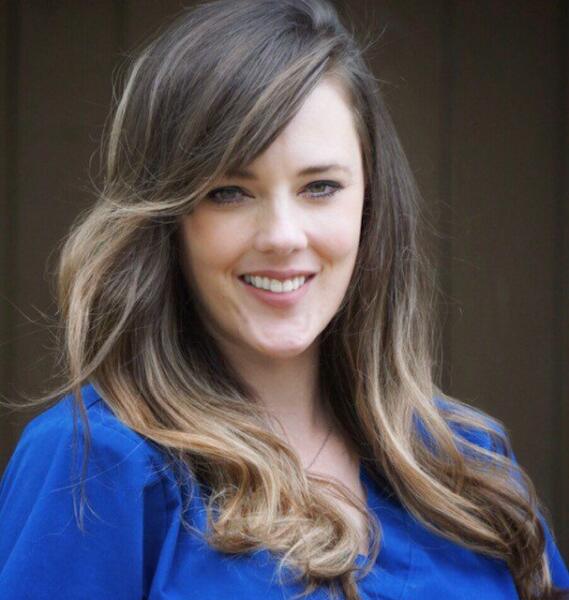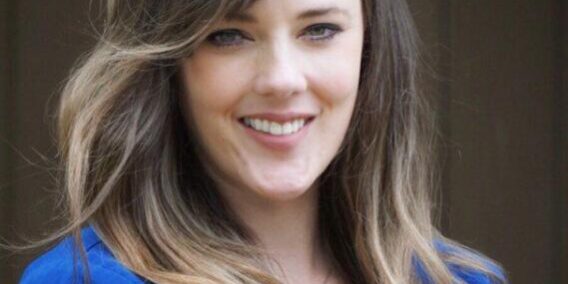Kristy Andrus, MLT(ASCP)CM

While deaf people have overcome their challenges to achieve their dreams and be successful in every area of society, careers in the medical field are still largely denied to us. No matter how hard I worked, how many preparatory programs I completed, how good my grades were, or how many letters of recommendations were written by professors and others, I faced rejection after rejection. Ultimately, I was accepted into a Medical Laboratory Technology Program and received a first-class education. I became a licensed, certified MLT in December 2013, and I haven’t looked back!
I am now thriving in my career, fully accommodated and accepted in my work place. As to be expected, however, communication is not perfectly seamless. More understanding and joint effort between my colleagues and me, as well as increased awareness at the training level, would be of great benefit.
For example, though it never affects my job performance, frequent exclusion from conversation does impact me. Communication with me requires a slower pace, and often I am the last to be informed. I must wait until the conversation finishes and then eagerly ask what is going on. I remind myself that if a hearing person joined an all deaf workforce where conversation has always flowed quickly and naturally, true inclusion would require of me the same patience and effort. What would motivate me to put in that effort? First, I would need to be aware of the situation. Team dynamics and friendship would naturally take over from there.
While I acknowledge and truly appreciate sincere efforts to communicate with me, some are misguided and thus compound the issue. For example, it is commonly assumed that I am able to lip read. I am not. And exaggerated pronunciations only insist further on a language I do not speak. This is the case as well with exaggerated hand and arm gestures—simply put, a made-up language I do not understand. All these efforts are genuine but futile. More awareness is key.
Even common facial expressions can lead to misunderstandings. The issue arises when an expression does not mean the same thing in the hearing world as it does in the deaf world. For example, when receiving instructions, a deaf person may register what a hearing person understands as a frown when there is actually zero displeasure or confusion being intimated. This is not the impasse it first may seem. I can become more consciously aware of expressions I naturally make and others of the meaning they naturally assign. Together we’ve got this!
Awareness at the training level would surely inspire forward momentum. One suggestion is to offer a basic American Sign Language class in any Medical Laboratory Science Program. Another is to emphasize that workplace communication can thrive through many avenues such as email, text, video phone, etc. Perhaps ASCLS could offer a professional webinar on basic sign language and deaf awareness in the workplace. Spotlighting a deaf MLT, such as myself, also increases awareness and sparks the desire to understand more.
I am immensely proud of my career as a Medical Laboratory Technician, and my coworkers and I are a committed and passionate team. We will naturally resolve the few hurdles we now encounter with more awareness and more of what we do every day. We work together.
May every reader here truly believe that no situation or person can set limits on your potential! Never, ever, give up. It doesn’t matter how many times you fall down if the number of times you get back up is just one more. My successful career as an MLT is living proof of “just one more.”
